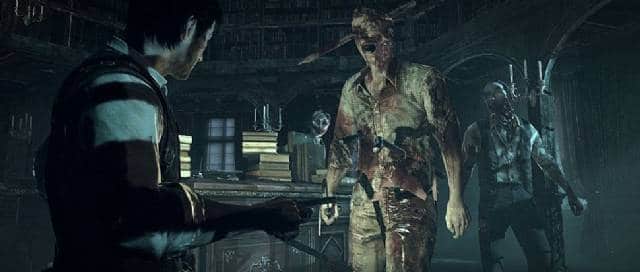The Evil Within is the latest incarnation of the concept of survival horror, not by chance by the Japanese team Tango Software dedicated to the development of the title is exactly what Shinji Mikami is the first Resident Evil.
Though it’s a great game, however, it has not received the deserved success or at least what it could have been waiting for.
With the Why (Not) Famous column, we try to find out the reasons for this and to analyze those strengths that you might want to retrieve when you were not playing it.
Desperate to become an alcoholic and to be uncomfortable for the department, who decides to send him to investigate the macabre and dangerous mass murder at Beacon Mental Hospital. Here begins the story of the title, which will bring Sebastian together with colleagues Joseph Oda and Julie Kidman to come across an adventure at the limit between the supernatural and the occult,
Both Sebastian and the other characters with whom we interact in the game appear real, concrete, and this greatly amplifies the feeling of restlessness and terror of the environments that permeate the title throughout its duration. A constant sense of anxiety and the construction of environments ranging from grotesque to claustrophobic contribute to making The Evil Within a must for all classical horror survival lovers who were disappointed with Resident Evil 5 and 6 action.
The title structure it inherits that from TPS’s Resident Evil 4 and modernizes it as much as it can be satisfying and never cuddly.
But then why did this game never reach the general public? This is not a commercial or criticism disaster, The Evil Within has sold enough to launch and was judged with a Metacritic score of 74 [average PC / PS4 / XONE ratings that I put on screen with an overlay] but in a lot of they have never played and have never heard of it, unlike any chapter of Resident Evil. In addition to the objective difficulty of imposing a new name in a sector such as survival horror, the main factors of the “non-fame” of The Evil Within have been the coacervo of titles, indie and no, with a subjective camera coming out more or less in those years, from which the development of Resident Evil 7 was undeniably influenced,

